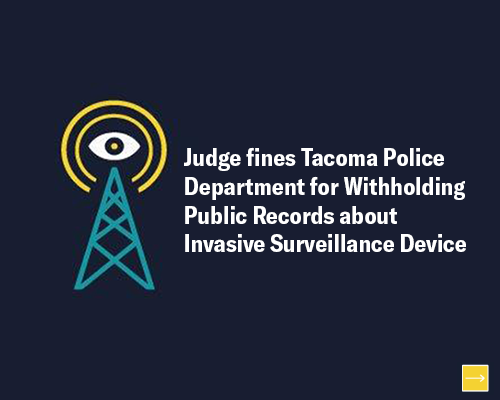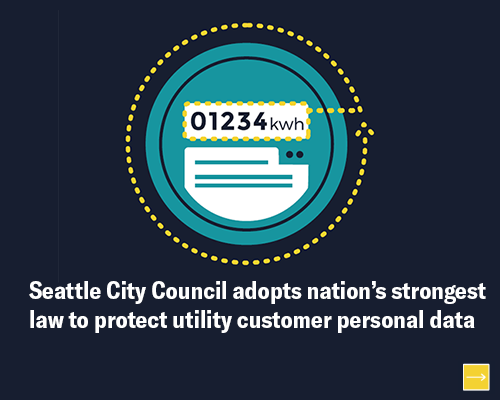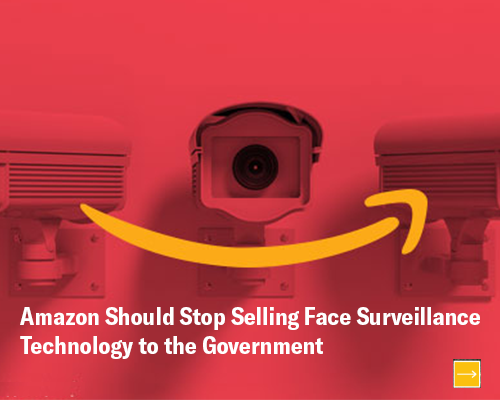Surveillance
The advance of technology presents both opportunities for and challenges to liberty. As new technologies are implemented, their impacts on civil liberties must be considered. The ACLU supports uses of technology that enhance privacy and freedom while opposing those that undermine liberty and move us closer to a surveillance society.









